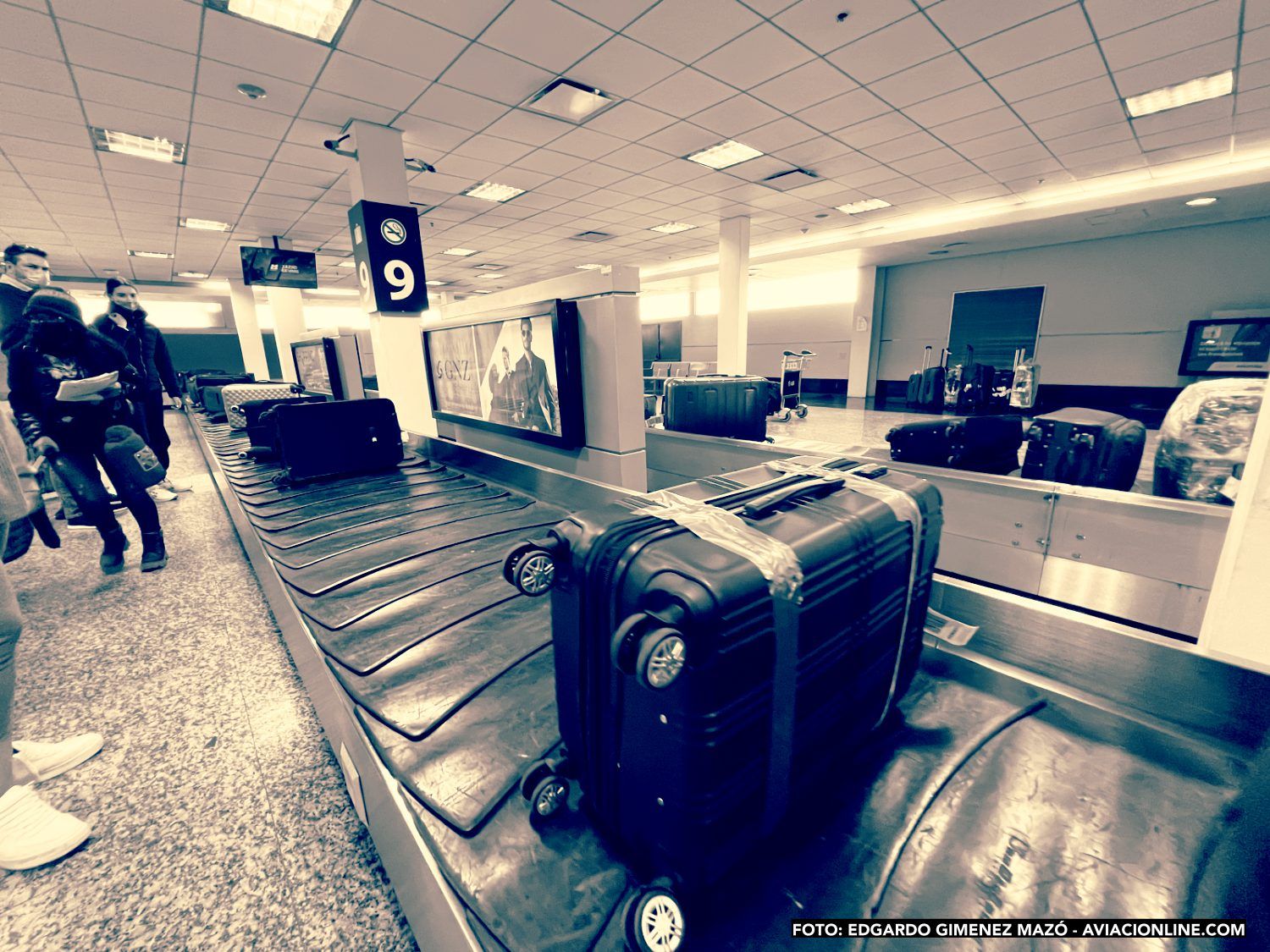IATA Unveils 10-Year Global Baggage Roadmap to Boost Efficiency and Passenger Experience
The International Air Transport Association (IATA) has released a comprehensive ten-year roadmap aimed at modernizing baggage handling processes in air travel, with a focus on improving operational efficiency and enhancing the passenger experience.
The initiative, called the Global Baggage Roadmap, was developed in collaboration with airlines, airports, and other industry stakeholders. According to IATA, the project is designed to align baggage management with current demands by emphasizing digitalization, automation, and real-time traceability.
The strategy is built around three core pillars: standardizing information exchange, automating baggage tracking, and improving bag recovery processes.
For the first pillar, IATA highlights the need to replace legacy systems such as teletype messaging with modern, API-based technologies. This upgrade would enable faster baggage reconciliation, reduce errors, and improve responsiveness to disruptions. It could also save the industry an estimated $1 billion annually in teletype messaging costs.
The second pillar focuses on introducing electronic bag tags, GPS tracking, and robotics to ensure baggage visibility throughout the journey. These technologies would allow passengers to track their luggage in real time, ensuring smoother connections and arrivals.
The third pillar aims to streamline claims processing, prevent fraud, and enhance customer service, helping airlines resolve baggage issues more efficiently while bolstering security protocols.
“Baggage matters to travelers. When they check in a bag, they expect it to arrive on time. And if it doesn’t, they want to know where it's,” said Monika Mejstrikova, IATA’s Director of Ground Operations. She cited recent surveys showing that 81% of travelers want improved baggage tracking, 74% expect real-time updates on their mobile phones, and 67% would be willing to use electronic bag tags.
“This roadmap consolidates progress from past initiatives and provides a clear vision for where baggage processes need to be in ten years,” Mejstrikova added, emphasizing the need for collaboration across all sectors to deliver a more efficient and customer-focused service.
The roadmap is part of IATA’s broader efforts to modernize ground operations, enhance safety, and improve the passenger journey. The association confirmed that it will work with industry stakeholders to develop implementation guidelines, provide training, and monitor progress throughout the plan's duration.


Para comentar, debés estar registradoPor favor, iniciá sesión